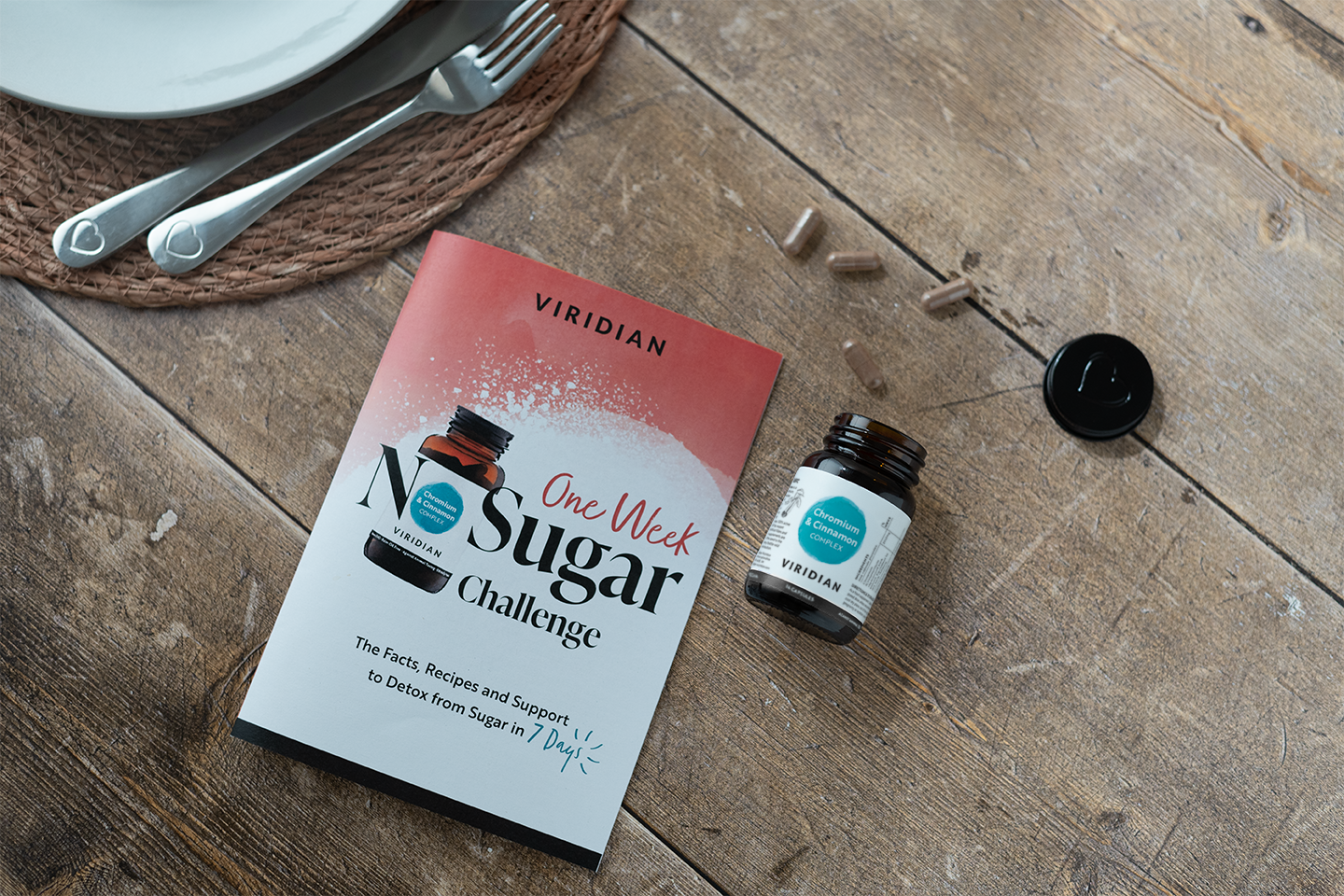
It can be confusing when selecting a food supplement that provides beneficial bacteria. There are so many, each with several bacterial strains that can be difficult to pronounce, selecting the correct probiotic strain for your health goals can be mind-boggling. From Saccharomyces Boulardii to Lactobacillus Rhamnosus GG, what on earth are the differences?
Your gut microbiota consists of an intricate population of up to 1000 bacterial species. Probiotics are live bacteria that have been studied to support a variety of health benefits, by supporting the balance of your gut microflora.
The Gut Makeover
Have a gut feeling you may benefit from a probiotic? Support your flora with a supportive strain of gut bacteria from the list below, with your health goals in mind.
Toddlers:
Suggested Strain: Lactobacillus Rhamnosus GG (LGG)
Targets: Food allergies, eczema, immune support
The Science: LGG has the ability to transfer from the breast-feeding mother to the infant’s gut for colonization. It is now known that our gut plays an integral role on all aspects of our health, including skin health and immune function.
A disruption in gut microbiota may increase the likelihood of allergy development. The use of LGG in infancy has been shown to help prevent allergies and atopic eczema, by regulating the immune response (1).
Children:
Suggested Strain: Lactobacillus acidophilus (LA), Bifidobacterium species.
Targets: Immune Development
The Science: Children are constantly exposed to new pathogens and allergens. With a vulnerable immune system, these pathogens may cause infections to manifest.
A balanced formulation including LA, Bifidobacterium and vitamin C have displayed benefits in promoting immune development and reducing the risk of upper respiratory tract infections.
Teenagers:
Suggested Strain: Lactobacillus Rhamnosus GG (LGG)
Targets: Acne and Hormonal Imbalances
The Science: During puberty, hormonal changes may trigger the onset of acne. Due to the known relationship of the gut-skin axis, LGG colonization in the gut may contribute to normalised skin expression of genes, resulting in reduction of acne and skin problems.
On your travels:
Suggested Strain: Saccharomyces boulardii
Targets: Digestive health and Immune Support
The Science: Exposure to another country’s foreign bacteria may lead to uncomfortable gastrointestinal symptoms, such as traveller’s diarrhoea. S. Boulardii has been suggested by research to reduce incidence of traveller’s diarrhoea, by neutralising bacterial toxins in the gut.
40+:
Suggested Strain: Lactobacillus acidophilus DDS-1, with Aloe Vera
Targets: Digestive Health and Immune Support.
The Science: Digestive issues are more prevalent as we age. L Acidophilus DDS-1 has been particularly shown to support the digestive environment, by promoting the production of digestive enzymes. Aloe vera provides additional support, in relieving constipation and enhancing digestion and absorption of food.
The Elderly:
The elderly are also quite susceptible to infection and illnesses, due to impaired immune function. Furthermore, drug administration, particularly antibiotics, can disrupt the microbiota’s balance, as they may wipe-out multiple beneficial strains from the gut. Using a probiotic can help replenish the beneficial bacteria in the gut, to promote immunity.
A recent study showed that improvements in cognition and mood, that appeared to promote mental flexibility and improved ability to cope with stress in response to a beneficial bacteria formula that included Bifidobacterium longum.
Conclusion:
Whether you are searching for something to support your immune system, clear up an infection, or promote your digestive health, a daily probiotic is worth trying. With the diverse array of probiotic products lining today’s shelves, it is important to be aware of which beneficial strain is most suitable for your health goals.
Author: The Nutrition Support Team at Viridian Nutrition.
The information contained in this article is not intended to treat, diagnose or replace the advice of a health practitioner. Please consult a qualified health practitioner if you have a pre-existing health condition or are currently taking medication. Food supplements should not be used as a substitute for a varied and balanced diet.
References:
1) Kalliomäki M, et al. “Probiotics in primary prevention of atopic disease: a randomised placebo-controlled trial”. Lancet (2001) 357:1076–9.
2) Garaiova I, Muchov J, Nagyovn Z, et al. Probiotics and vitamin C for the prevention of respiratory tract infections in children attending preschool: a randomised controlled pilot study. Eur J Clin Nutr. 2014 Sep 10. doi: 10.1038/ejcn.2014.174.
3) Fabbrocini G, Bertona M, Picazo, Pareja-Galeano H, Monfrecola G, Emanuele E. Supplementation with Lactobacillus rhamnosus SP1 normalises skin expression ofgenes implicated in insulin signalling and improves adult acne. Benef Microbes.2016 Nov 30;7(5):625-630.
4) Kollaritsch H, Holst H, Grobara P, Wiedermann G. Prevention of traveller’s diarrhoea with Saccharomyces boulardii. Results of a placebo controlled double-blind study. Fortschr Med 1993;111:152-6. Cited in McFarland LV. Meta-analysis of probiotics for the treatment of traveller’s diarrhoea. Travel Med Infect Dis 2007;5(2):97-105.
5) Fernandes, C. F., K. M. Shahani, and M. A. Amer. 1987. Therapeutic role of dietary lactobacilli and lactobacillic fermented dairy products. FEMS Microbiol. Rev., 46:343-356.
6) Kim CS, Cha L, Sim M, Jung S, Chun WY, Baik HW, Shin DM. Probiotic Supplementation Improves Cognitive Function and Mood with Changes in Gut Microbiota in Community-Dwelling Older Adults: A Randomized, Double-Blind, Placebo-Controlled, Multicenter Trial. J Gerontol A Biol Sci Med Sci. 2021 Jan 1;76(1):32-40. doi: 10.1093/gerona/glaa090. PMID: 32300799; PMCID: PMC7861012.







